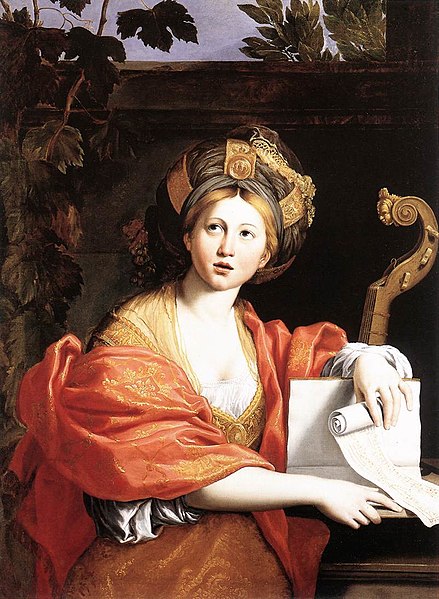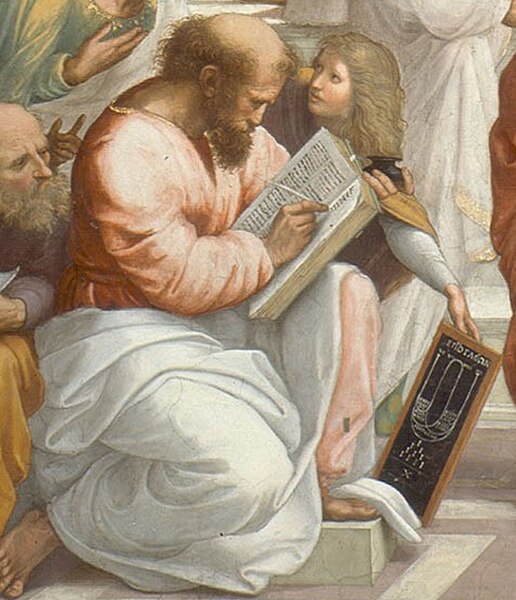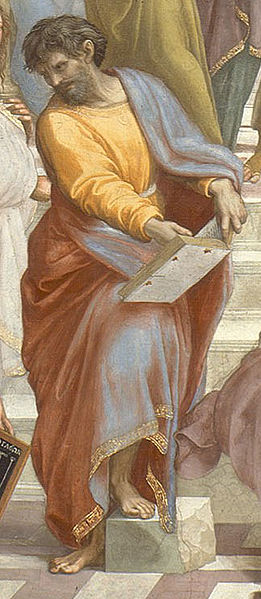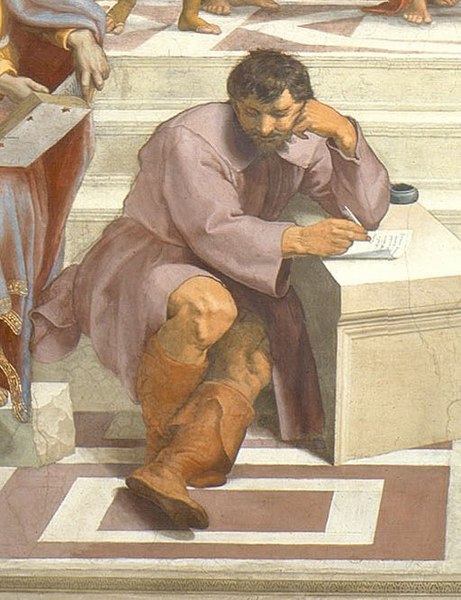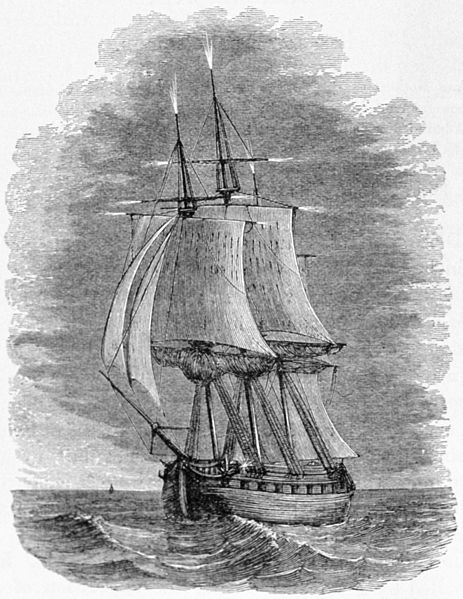Heraclitus was an ancient Greek pre-Socratic philosopher from the city of Ephesus, which was then part of the Persian Empire.
Possible bust of Heraclitus, from the Hall of Philosophers in the Capitoline Museums
Theater in Ephesus on the coast of Asia Minor, birthplace of Heraclitus
A modern reconstruction of the Ephesian Temple of Artemis, located in modern Istanbul. According to Diogenes Laertius, Heraclitus deposited his book in the temple.
Heraclitus's writing style has been compared to a sibyl, as depicted here by Domenichino.
Pre-Socratic philosophy, also known as Early Greek Philosophy, is ancient Greek philosophy before Socrates. Pre-Socratic philosophers were mostly interested in cosmology, the beginning and the substance of the universe, but the inquiries of these early philosophers spanned the workings of the natural world as well as human society, ethics, and religion. They sought explanations based on natural law rather than the actions of gods. Their work and writing has been almost entirely lost. Knowledge of their views comes from testimonia, i.e. later authors' discussions of the work of pre-Socratics. Philosophy found fertile ground in the ancient Greek world because of the close ties with neighboring civilizations and the rise of autonomous civil entities, poleis.
Pythagoras
Parmenides
Heraclitus
St. Elmo's fire (luminous plasma created by a corona discharge from a rod-like object) in a ship. Xenophanes' contemporaries attributed this phenomenon to the deity Dioscuri. Xenophanes argued that the observed illumination is due to small clouds influenced by special circumstances relating to stars—an example of naturalism and reductionism.




